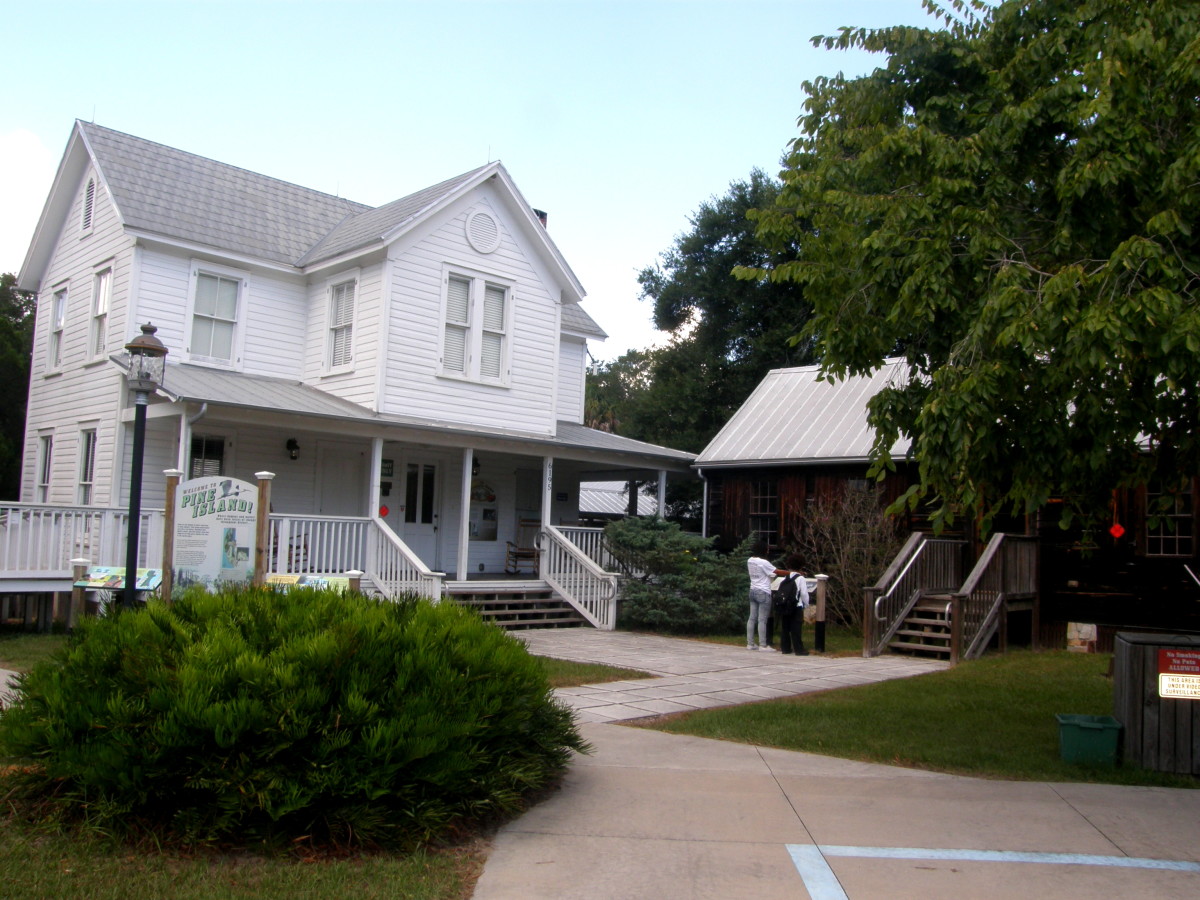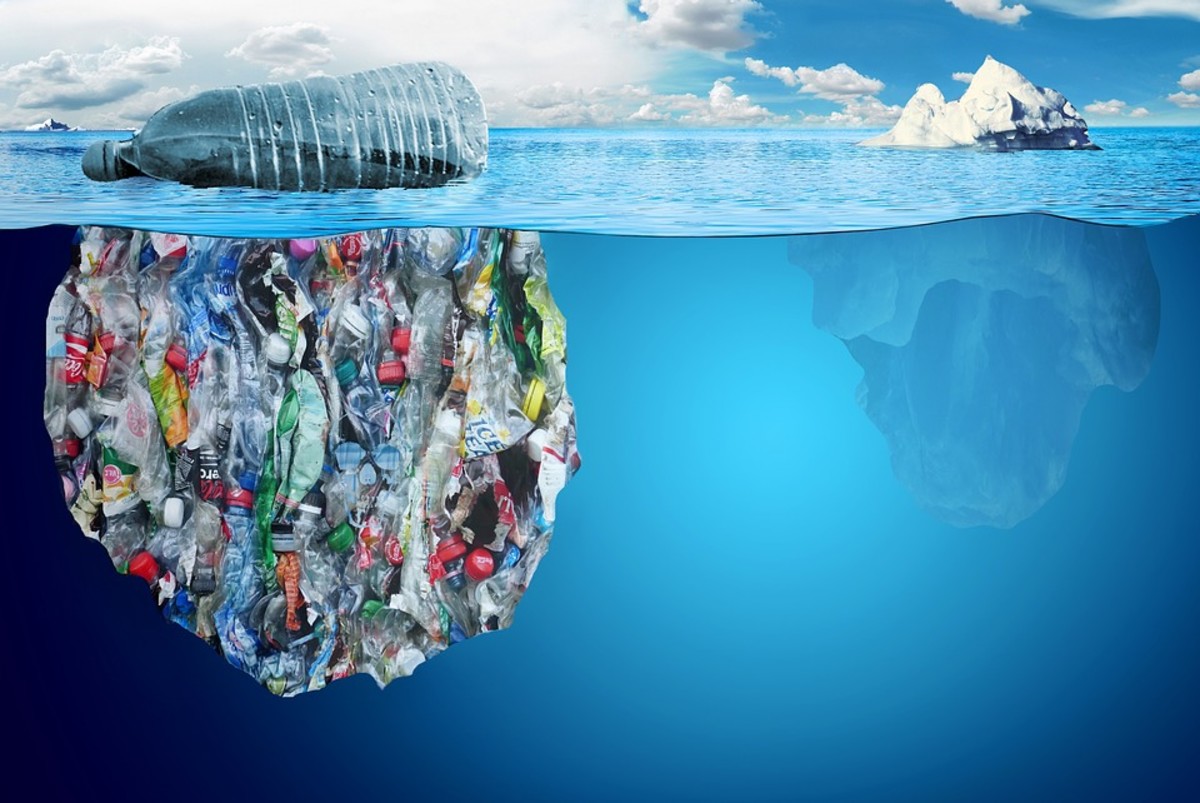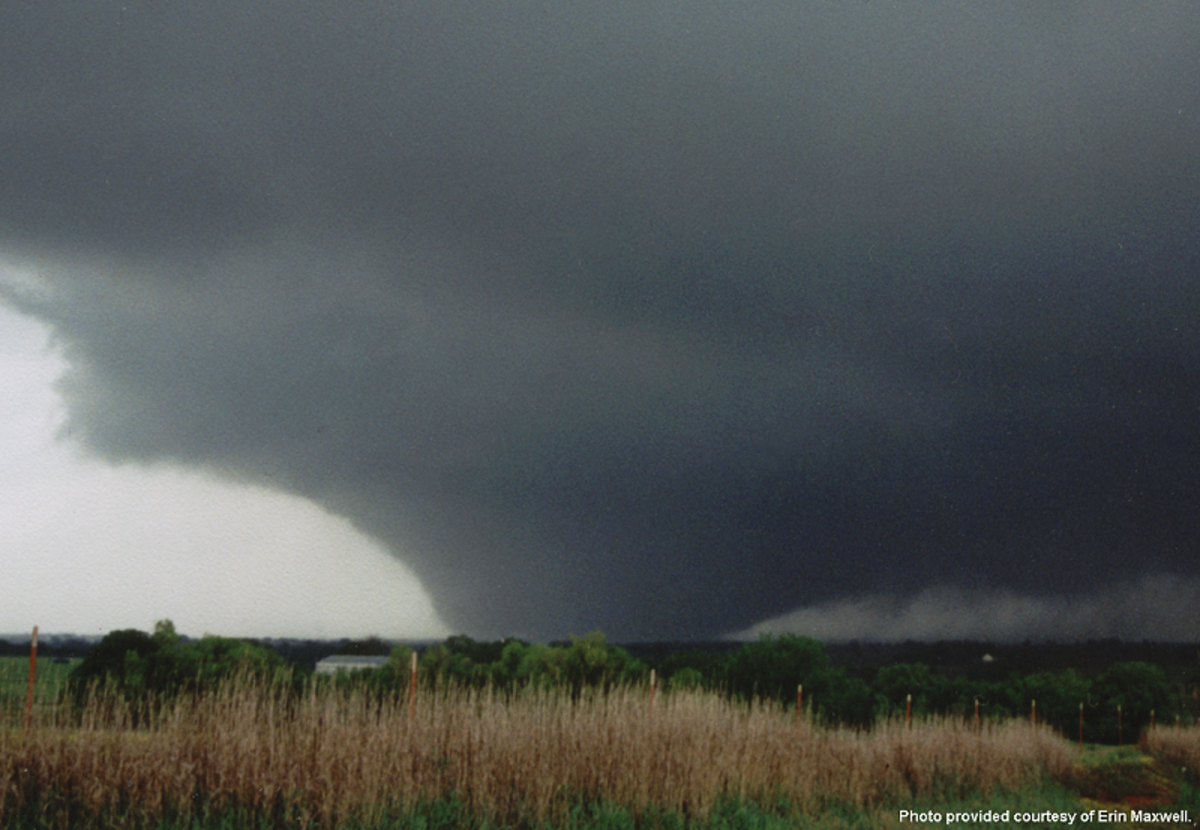Does Privatization of Environmental Remediation Work?
Privatization of regulatory oversight of environmental remediation has been tried in several states, including Massachusetts, Connecticut and New Jersey. The question is does it work? Has privatization lead to faster cleanups of environmentally distressed properties, and are the cleanups being done in a way that is protective of the environment and public safety? Let’s take a look at New Jersey’s foray the private approach to cleaning up contaminated properties to gain an understanding of how it is working out.
The State of New Jersey is known for a lot of things, one of them being a centuries old industrial legacy that has resulted in tens of thousands of contaminated sites that need to be cleaned up. For years, the New Jersey Department of Environmental Protection (NJDEP) was tasked with overseeing the cleanup of environmentally distressed sites. This proved troublesome, as the State did not have the resources to properly oversee environmental remediation at the ever-growing list of contaminated sites. The list grew so large that by the year 2009 it had over 20,000 sites on it. This caused problems not only for the cities and towns that hosted the sites and the property owners, but also for the economic vitality of the State. It became obvious to all parties involved that a new approach was needed to cleanup contaminated brownfield sites to return them to economically and socially productive uses.
Environmental Remediation
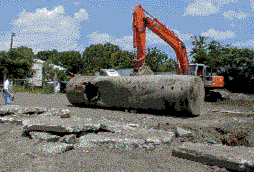
New Jersey’s Successful Privatization of Environmental Remediation Oversight | The LSRP Program
The New Jersey State legislature addressed the backlog problem by creating the Licensed Site Remediation Professional (LSRP) Program, which was signed into law by Governor Jon Corzine in May 2009. The LSRP Program placed the responsibility for making environmental remediation decisions and final cleanup declarations into the hands of private consultants that hold a license from the State. The New Jersey Department of Environmental Protection maintains oversight of private Licensed Site Remediation Professionals (LSRPs) via audits of their work and a licensing board that has the power to suspend the license of any consultant that is not abiding by State environmental regulations.
What ultimately made New Jersey’s LSPR Program successful is the way it was created. Instead of a state bureaucracy dictating the regulations that govern the LSRP Program, State officials convened a committee of stakeholders to decide how to best design the LSRP program and what the regulations that govern the program should say. These stakeholders included affected property owners, environmental consultants, environmentalists, and State environmental officials. The final result was a private environmental remediation program that all parties were satisfied with.
New Jersey's LSRP Remediation Program
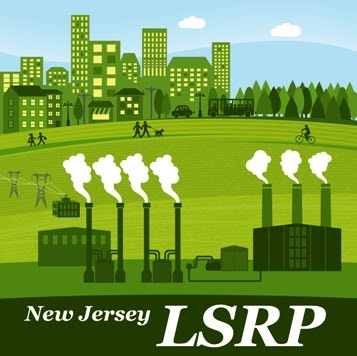
The Numbers Tell the Story of the Success of the LSRP Program
Based on the number of formerly contaminated sites that have been approved for reuse, the LSRP Program appears to be a resounding success, with the backlog of contaminated sites in New Jersey cut by nearly 30% from 20,000 in 2009 to approximately 13,700 by late 2014.
As of October 2014, there were over 570 LSRPs in New Jersey. LSRPs oversee approximately three-quarters of the site remediation cases pending at the NJDEP. Many of the sites that remain on the contaminated sites list are on their way to being cleanup up, as the State has set deadlines for remediation at the sites to occur. The State has also made an effort to notify owners of contaminated sites that they face sizable fines, if they do not hire a LSRP and commence remediation of their sites.
The successful privatization of its environmental remediation program is not only improving the environment in New Jersey, it is also improving the business climate and quality of life across the state. Land that once sat fallow is now being utilized for new businesses, housing, and in some cases parks and recreational uses. This is important in a crowded state like New Jersey, where developable land is running in short supply.
The LSPR Program is returning idled contaminated land back to useful purposes and has bolstered local tax bases. Developers can now buy environmentally distressed brownfields and formulate plans for their remediation and redevelopment without the uncertainty and delays that used to accompany such endeavors when the NJDEP was in charge of approvals. LSRPs have the power to make decisions regarding the method of investigation and the final cleanup approach. Most importantly, LSRPs can issue a certification that the land has been cleaned up to State remediation standards, which is known as a Response Action Outcome (RAO). Having a RAO in hand, a property owner can obtain financing from financial institutions and commence with redevelopment plans.
Is Privatization of Environmental Remediation Oversight Effective?
An obvious question when it comes to privatization of environmental remediation is whether or not private consultants can be trusted to protect the environment and public health when they certify that properties have been cleaned up?
So far, the LSRP program in New Jersey has proven to be largely free of misdeeds by consultants. This is because LSRPs are under license by the State and are subject to audits of their work. If a LSRP is found to not be conforming to state remediation regulations, their license can be suspended and they can be fined or face criminal charges. They can also face civil lawsuits from parties that are harmed by any willful misconduct. As a further check on their professional conduct, LSRPs must submit key documents relating to the remediation of a property to the NJDEP for its review. They also must undergo thirty-six hours of continuing education during the three years that their license is valid and face re-licensing every three years.
Given the success of the LSRP program in New Jersey, it can be concluded that privatization of environmental remediation does work and is something other governmental bodies throughout the United States and the world should consider emulating.
Privatized Environmental Remediation Poll
Do You Think Privatized Environmental Remediation Is Worthwhile?
New Jersey Contaminated Sites Must Hire LSRPs.
© 2015 John Coviello

